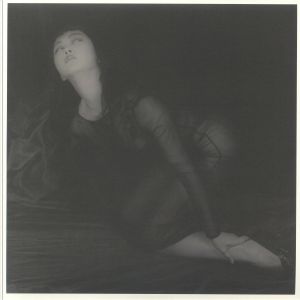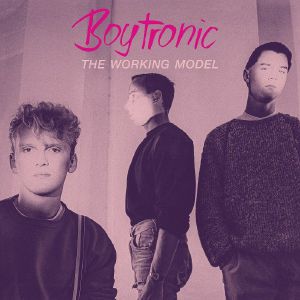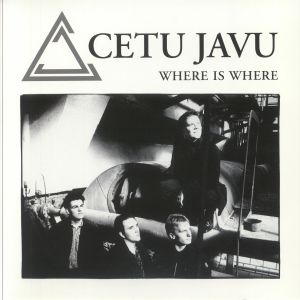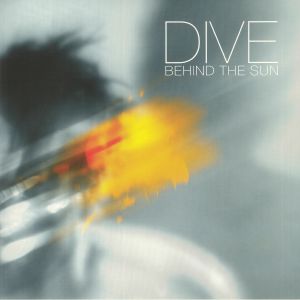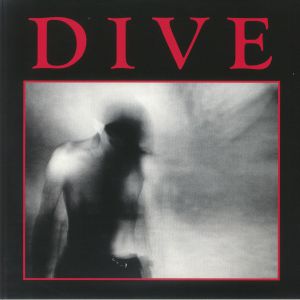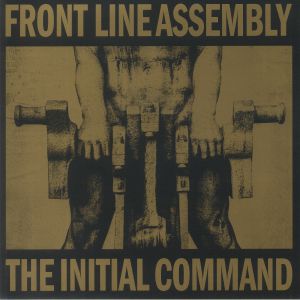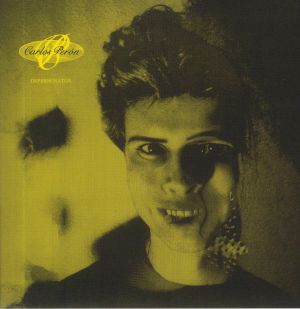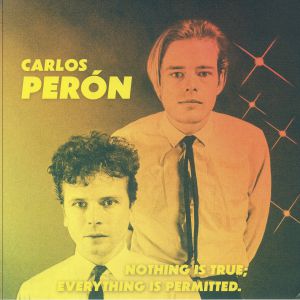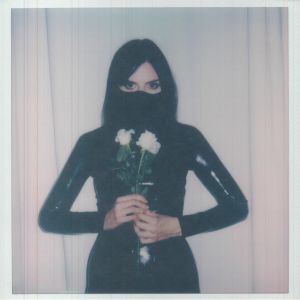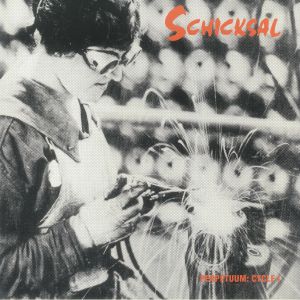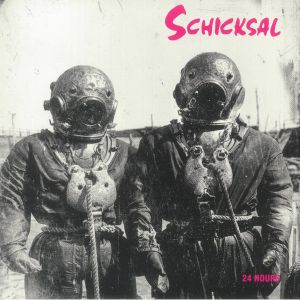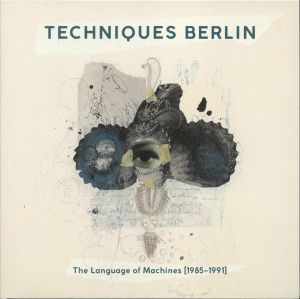Receive new release alerts for Mecanica Poland
Filter
Genre
Music
Featured
Release Title
Price
Mecanica Poland Vinyl & CDs
Browse the latest Vinyl & CD releases on Mecanica PolandSimilar labels:
Items 1 to 14 of 14 on page 1 of 1
Review: Who, or perhaps what, was Tomo Akikawabaya? In truth, nobody really seems to sure on the answer, other than the fact this mysterious Japanese artists decided to release a serious of incredible synth-driven singles during the 1980s, before vanishing back into the dry ice of whatever smoke machine they escaped from. A musical genie, here only to bestow a limited number of gems on us, and then disappear forever. Swerving interviews and photos doesn't help the search, but The Castle II at least allows us to explore his work in depth, across several tracks. These range from the twisted cabaret weirds of 'Objet D'Amour', to the driving electro-punk of 'Le Voleur', grand and decidedly 1980s-sounding synth rock on 'The April', and New Romantic-esque pop on The Castle (II). Essential stuff.
… Read morePlayed by: Juno Recommends Experimental
in stock $30.06
Review: Boytronic emerged in the early 80s in Hamburg. The group was founded by Holger Wobker (aka Bryllyant Berger) and Peter Sawatzki and they were initially producing soundtracks for seedy Hamburg sex shows as Kapitan Sehnsucht but soon shifted focus to pop music as Boytronic. Their debut single, 'You,' was influenced by New Order and Patrick Cowley and gained traction after a German TV performance so sold 80,000 copies in its first week and reached #10 on the charts. This success led to their debut album The Working Model. It was recorded in just 14 days in 1983 and is now a techno-pop classic that makes a welcome return here.
… Read more in stock $41.46
Review: Contrary to its ultra-crisp sound - one that suggests it could've been made today - Cetu Javu's Southern Lands was first released on Basic Mix in 1990. Catering to the largely cassette-bound underground of Barcelona at the time, Basic Mix acted as a little-known sublabel through which acts like Javu could express their best and rawest sides. Comprising Javier Revilla and Chris Demere, Cetu Javu had moved to Barcelona from Hanover, Germany - inspired by the works of Kraftwerk, Soft Cell, and Jean-Michel Jarre - and thus produced Southern Lands following a tour shared with fellow acts Wolfsheim and Blind Passengers. The album is shockingly well-made, bespeaking the power of minimal production and conservative vocal processing to achieve a crystal-clear, no less upfront, 'naked' industrial sound.
… Read morePlayed by: Juno Recommends Experimental
in stock $42.00
Review: Javier Revilla Diez, Chris Demere, Stefan Engelke and Torsten Engelke put out an incredible back catalogue as Cetu Java. Active between 1987 ad 1994, they took inspiration from the formative synth-pop years, but rather than replicating, added plenty to the formula that you could say was specific to this outfit. If that were't obvious back then, it's certainly clear to hear listening back today, 30 years after they disbanded and all-but-vanished from the spotlight (after the split, it would be a quarter century before they fave another media interview). Plenty of mythology around the group, then, Where Is Where was, in many ways, their magnum opus. First released in 1992, it not only calls on the group's European roots - with members from Spain, and a base in Germany - it also opens things up stylistically. So, while songs like the title track, 'Time', 'Sometimes' and many more are saturated in a classic synth pop sound, elsewhere the likes of 'Un Dia Normal', 'Dame Tu Mano' and 'Caribbean Dream' opt for something more exotic altogether, without jarring with difference.
… Read more in stock $41.18
Played by: Juno Recommends Breakbeat
in stock $27.22
Review: Formed in Belgium in 1990 by Dirk Ivens - known to some from Absolute Body Control Clinic, Blok 57, and Sonar - Dive have never been known for taking prisoners. Read anything about the band online and you'll likely stumble upon at least one or two references to their 'audio trademark', namely "abused drums", and this certainly sets the tone for what's in store once you press play on anything that has come from the project over the past 34 years. Misleadingly Dive's second album, First Album is actually the self-titled debut, which landed in 1990, and some bonus materials added to complete the aural image. Distortion, vocal strain, the sound of machinery searching for human survivors in a post-apocalyptic battleground, walls of white noise and the sound of atoms deconstructing, alongside darker, more sinister and tense moods, it's as uncompromising now as it was then.
… Read more in stock $42.00
The Initial Command (limited gatefold 2xLP (side 4 digitally printed))
Cat: MECLP 68. Rel: 15 Jul 22
Industrial/Noise
in stock $34.83
Played by: Jane Fitz
in stock $35.37
in stock $23.77
Nothing Is True Everything Is Permitted (40th Anniversary Edition) (LP limited to 300 copies)
Cat: MEC 089. Rel: 06 Aug 24
Experimental/Electronic
Review: Recorded early 1984, by this point Carlos Peron was already something of a household name within the electronic music world thanks to efforts with seminal outfit Yello. If you're familiar, you'll know the group make a lot of energetic, danceable yet experimental stuff, which at times borders on club but is really synth music in the truest sense. Nothing Is True Everything Is Permitted takes us to a very different place indeed. Frequently described as a dark soundtrack without a film, this record has gone down in cult electronica history for its refusal to be anything specific, other than something resolutely itself. The tunes here are dramatic, sometimes even intimidating and certainly frequently unnerving. At other moments, they are at the vanguard of field and found sound recordings, or lost in the ether haze of lush ambient.
… Read more in stock $29.57
in stock $29.57
in stock $29.03
Played by: Gumshoe
in stock $22.10
in stock $39.52
Items 1 to 14 of 14 on page 1 of 1

 USD
USD





